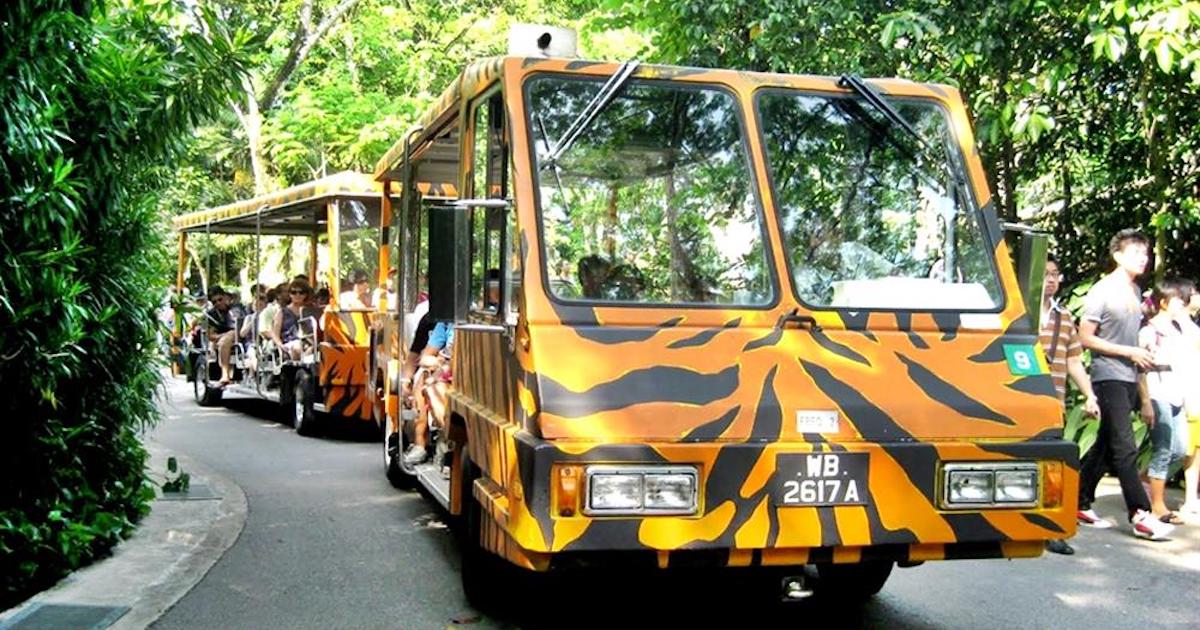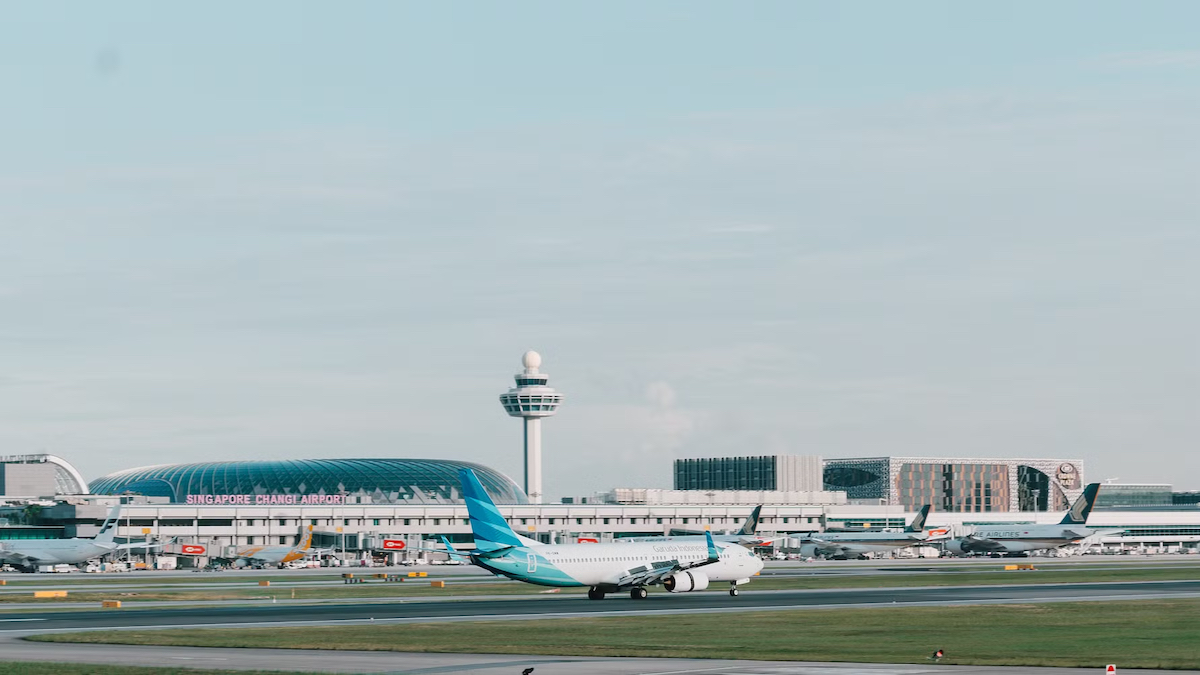The Wildlife Reserves Singapore (WRS) announced today (July 14) that all trams at the Singapore Zoo, River Safari, Night Safari and Jurong Bird Park will be converted to run on electricity by the end of the year.
This move comes as the WRS makes a major commitment to reduce its carbon emissions through more sustainable transport.
The Straits Times reported that WRS has set itself the goal of converting its entire internal fleet, including vans, lorries, buggies and tow tractors, to an electric one by 2025.
It is also working with external operators who run the shuttle bus services to WRS parks to use only electric buses by the same year.
In total, 30 trams will be affected — 24 in the three parks at Mandai, and six at Jurong Bird Park. 80 per cent of the trams are already running on electricity, which has reduced WRS’ trams annual carbon footprint by 24 per cent.
As a wildlife organisation, through consumption and what we buy for the precinct, we hope that making more sustainable choices will help in reducing deforestation. Electric trams also mean we have cleaner air in our parks. Our staff can smell the difference and so can our guests.
Dr Lee Hui Mien, vice-president for sustainable solutions at Mandai Park Development in an interview with The Straits Times
The electric trams are also cheaper, costing 19 per cent less than the old petrol trams at the outset. Besides trams, all 84 WRS buggies and three tow tractors, as well as some of its vans, are electric.
WRS also supports Singapore’s efforts in promoting electric vehicles (EVs), and has reserved five per cent of all available parking lots in its public carpark in Mandai for EV charging.
It currently has 10 EV charging points at the multi-storey carpark, and 20 more are slated to be added. This will make it one of the largest public EV charging locations in Singapore.
Singapore’s bet on EVs

In recent years, the government has been very vocal about its stance to boost the adoption of EVs in Singapore.
In last year’s Budget speech delivered in February, Deputy Prime Minister Heng Swee Keat gave the clearest indication of the government’s commitment towards EVs.
He said that the country is “placing a significant bet on EVs and leaning policy in that direction because it is the most promising (cleaner vehicle) technology”.
Then in this year’s Budget speech, Minister Heng announced that the government will set aside S$30 million over the next five years for EV-related initiatives, such as measures to improve charging provision at private premises.
In addition, the government aims to deploy 60,000 charging points by 2030.
From 1 July 2021, Vulcan Post’s premium articles will be hidden behind a paywall. Subscribers will be able to enjoy exclusive articles with a deeper level of coverage and insight on verticals that include government technology, electric vehicles, cryptocurrency and e-commerce. You can check out our premium articles here and subscribe to us here.
Featured Image Credit: Cathy and Gary’s Travel Pages








